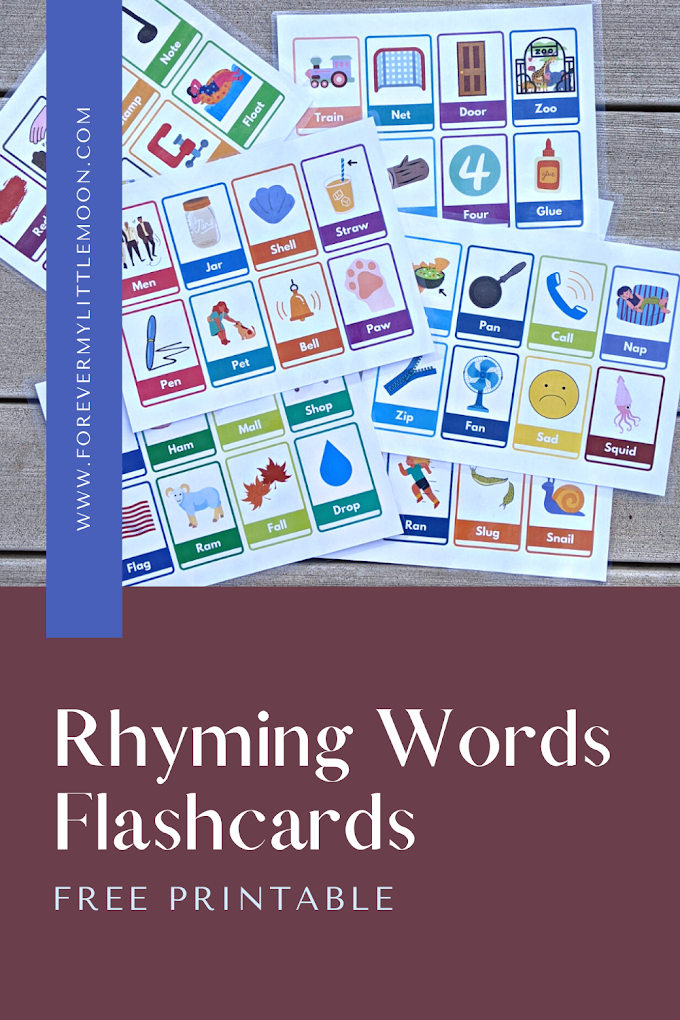Disclosure
Affiliate links are used in this post. You can read my full disclosure here.
I did a pro and con list for cats so I think it's only fair I do one for our dogs! As both our dogs have long fur, I will instead be comparing their sizes. Our first dog is a 40 lb Border Bollie, Aussie, Sheltie mix that we adopted when she was around seven months old in 2014. Our second dog we adopted in 2020. She is a 15 lb Mini Aussie (might technically be a Toy Aussie, but her adoption papers say Mini Aussie) and is estimated to be 2 years old.
Both were adopted from Secondhand Hounds, which is a great organization and highly recommend! From our experience, it seems a lot of their dogs tend to be adopted by their fosters, so I highly recommend signing up to be a foster, especially if you are set on a purebred. Our Mini Aussie was actually a foster failure.
We love both our dogs, but there are some differences between them. (Please note that all dogs are different and this is just from our experience).
Big Dog Pros & Cons
First, I want to start out by saying that our 40 lb dog is considered large according to the K9 Advantix and heartworm preventative we have to give her, but I would say she's more medium-sized, especially compared to my sister's 100 lb Newfie mix. My SIL also has I believe a 60 lb dog, so they seem big compared to our "big" dog, but our girl is twice the size of our Mini Aussie so to us she is big!
Let's start with size as that can fit in either category. Big dogs are less likely to escape a fenced yard and if your big dog is anything like ours, she will flat out refuse to jump over a tiny fence. Their big size, however, can make them more prone to knock things off the coffee table and can make reaching food on the dining table a bit easier. Luckily, our big dog does not try to get food, but I have heard stories of others that will. She is notorious for wagging everything off the coffee table with her tail though.
Their big size also means more to snuggle and they make excellent bedwarmers! It can be a downside though when they want to sit on your lap as they are heavy.
As for pros, in our experience, big dogs tend to bark less and are quicker to stop barking when you command them to. Our bigger dog also seems more chill and laid back. She is super friendly with anyone new and even with new pets, we bring home.
It might seem weird listing this as a pro, but big dogs have a deeper bark. All dogs bark, so that's something any dog owner has to accept, but in my opinion, a big dog's bark is not as annoying as a little dog's yip.
One con to owning a big dog is that they can cost more than little dogs. They eat more and require larger doses when it comes to flea and tick and heartworm prevention, so their preventatives cost more. They also need bigger dog beds and larger kennels, which adds to more expenses and takes up more space. And let's not forget grooming! Grooming a larger dog costs more unless you choose to take that task upon yourself. I attempted to groom our dog during Covid and it was so much work that I now gladly pay $70 to have someone else groom her.
Big dogs can also be harder to walk as they are stronger than little dogs, so have the ability to tug the leash to get you to go along with them or if you tug to get them to go with you, they will resist more. I have attempted leash training our big dog but maybe I never found the right dog treat or she is just too stubborn and nothing can tear her away from a squirrel. Luckily, she is more of a chill dog now that she is seven years old and we have a big fenced yard she can run around in, so I only take her own short walks every now and then.
Little Dog Pros & Cons
The main pro of a little dog is their size. They are smaller, making them less expensive and they take up less space. Little dogs eat less, use smaller beds and crates, and they make perfect lap warmers. Grooming a little dog costs less and is easier to do yourself! I groom our little dog because it takes less time and work, but also because she has anxiety around strangers so I worry she would not do well with having someone else groom her, which leads to my first con.
Little dogs can be more anxious around new people. I grew up knowing people with Chihuahuas and remember those little tyrants always barking at me as soon as I came through the door. While others saw them as cute, I saw them as mean. I'm not a dog expert, but my theory is it's because they are smaller, so anything bigger scares them and sets them off.
When we first got our Mini Aussie, she seemed so quiet. She would only start barking as soon as she was left alone, but a little anxiety in a new home made sense, and eventually, she was able to handle me being in a different room without barking outside the door.
It was not until we started having visitors we found out just how vocal she was. It was then we also discovered that our little dog immediately stops barking at a visitor as soon as one of us picked her up. I think this made her feel safer. Maybe she feels bigger when I'm holding her? Or maybe it's just the comfort of being held by someone she knows. Luckily, her barking dies down once she spends time with the guests, but she certainly seems more on edge whenever we have someone new over.
Another downside is they can be a flight risk. Their little size makes it easier for them to squeeze through a fence or in our case, under! Our girl got out of our fenced yard a few times back when we first got her, but luckily we were always able to call her back. Once we figured out where she was getting out from, we made some fixes and she has not escaped since! Plus some breeds are jumpers and can jump a fence, so a tall fence is needed. We know our girl can jump as she will leap up from the floor to the back of the couch. It's not something we encourage her to do though as we do not want her learning to jump the fence.
Apparently, according to a study, little dogs may be less obedient, but that may have to do more with their owners (source). It could also be due to their breed. Our Mini Aussie (known to be a smart breed in general) is so much easier to train compared to our big dog. She learned to sit and stay in just a couple of days. She is the easiest dog to walk and run with as she stays near me and does not pull. She is so eager to please us and I love it! She would probably make a great agility dog, but for now, I just have her as my running partner.
I mentioned above that big dogs are able to access a table easier, but little dogs are crafty and some are great jumpers that they'll just jump onto the chair to get to the table. We have caught our Mini Aussie doing this and have learned to push our chairs in after we eat.
The gray area for our little dog would be her high energy. This can be a pro if you are an active person or a con if you live a more laid-back lifestyle. Mini Aussies have lots of energy to burn. She loves to fetch so I can wear her down in our backyard in just fifteen minutes. I also take her on 1 to 2-mile walks/runs. Not all little dogs are high energy though, it's more of a breed thing. Our bigger dog is supposed to be a high-energy dog as she is a herding mix, but she's defied her breed and is super chill, and prefers the couch. I was able to run with her when she was a puppy, but around age three I noticed she was just not as into it.
Which is Better?
Unlike with our cats, I feel there is no real clear-cut winner between a big dog vs a little dog. My husband has a differing opinion and would prefer to stick to bigger dogs. He finds our little dog's barking a bit annoying at times, despite her need to please us, the one thing she has not learned is to stop barking when we tell her to stop. Her barking is something I think may be manageable with some more training.
For me, I would be happy with either one. Size is a bit of a factor as I don't want a 100lb dog, but I think I would be okay with 50lbs or less. The breed and personality of the dog are definitely more important to me.
















